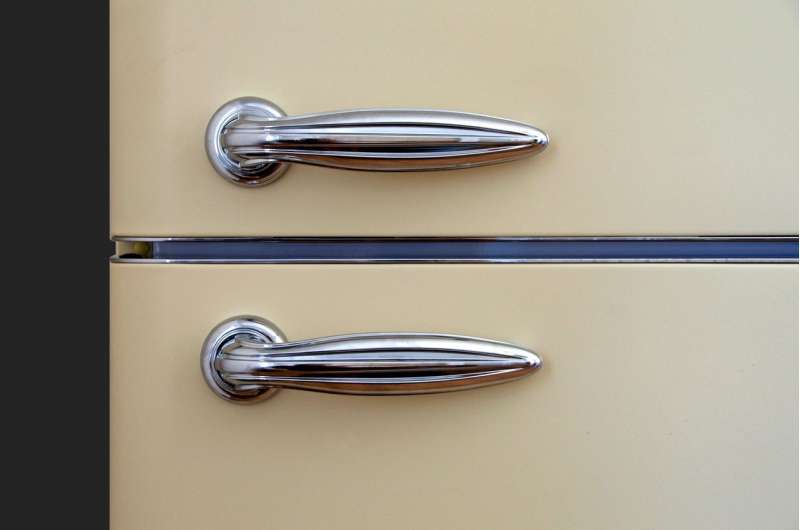Natural refrigerant replacements could reduce energy costs and conserve the environment

The 1987 Montreal Protocol and the 1997 Kyoto Protocol called for countries around the world to phase out substances like CFCs (chlorofluorocarbons), HCFCs (hydrochlorofluorocarbons), and HFCs (hydrofluorocarbons) that deplete the ozone layer and cause global warming. Many heating, ventilation and air conditioning systems still use these synthetic refrigerants that violate those international agreements and inflict environmental damage.
Recently, a team of Iranian researchers investigated how natural refrigerants could replace CFCs, HCFCs and HFCs in geothermal heat pumps to reduce energy consumption and operating costs. They report their findings in the Journal of Renewable and Sustainable Energy.
The researchers also examined the environmental and economic benefits of zeotropic and azeotropic refrigerants, as well as natural refrigerants. Based on their modeling, the researchers determined that natural materials, including ammonia and n-butane, are the most economical and environmentally friendly replacement refrigerants for geothermal heat pumps.
Geothermal heat pumps exploit how the earth's temperature below the surface stabilizes in mid-50s-degree Fahrenheit by using a vapor compression cycle equipped with buried pipes in horizontal trenches or vertical boreholes. Geothermal heat pumps extract heat from the ground (in the winter) and dissipate heat to the ground (in the summer) by circulating fluid such as water through buried pipes. This design takes advantage of the moderate temperatures in the ground to boost efficiency and reduce the operational costs of heating and cooling systems.
In their review, the researchers ran an Hour Analysis Program to calculate the heating and cooling loads in a 14-story, residential building. Then, they applied their findings to an Engineering Equation Solver to model the thermodynamic cycle of an open and closed loop ground source heat pump with different known refrigerants.
"The big challenge for the coming years in the HVAC and refrigeration industry is to establish natural refrigerant technology to substitute CFCs, HCFCs and HFCs refrigerants," said Mostafa Mafi, one of the authors on the paper. "A solution to reduce energy consumption in heat pumps is using the earth as a renewable heat source/sink to both increase efficiency and create a diversity of energy sources."
More information: Vahid Saeidi et al, Development of geothermal heat pumps by using environment friendly refrigerants, Journal of Renewable and Sustainable Energy (2018). DOI: 10.1063/1.5023657


















